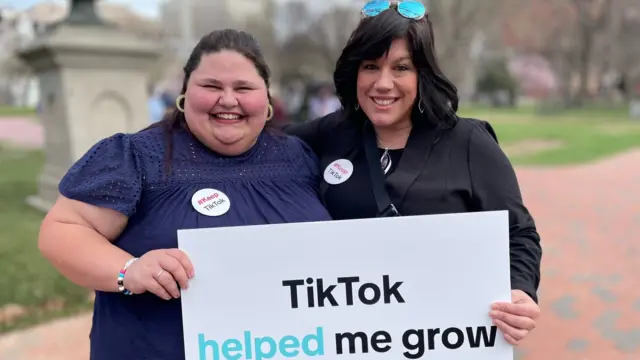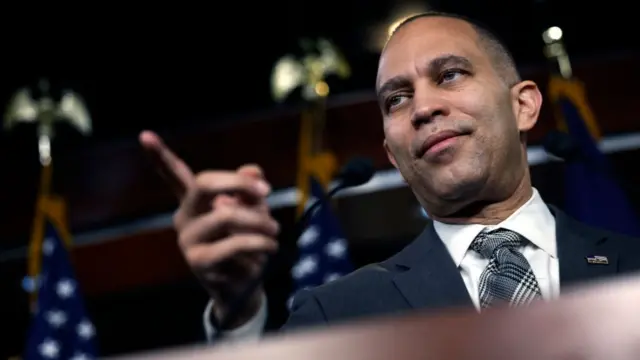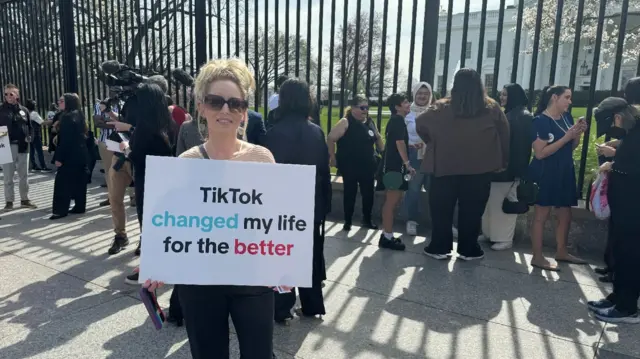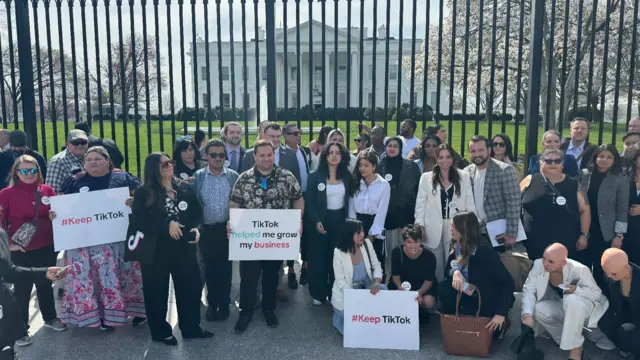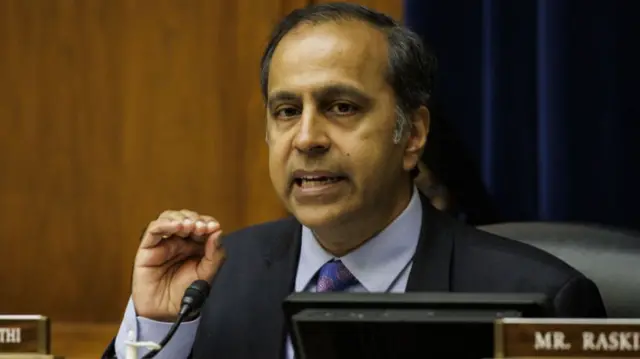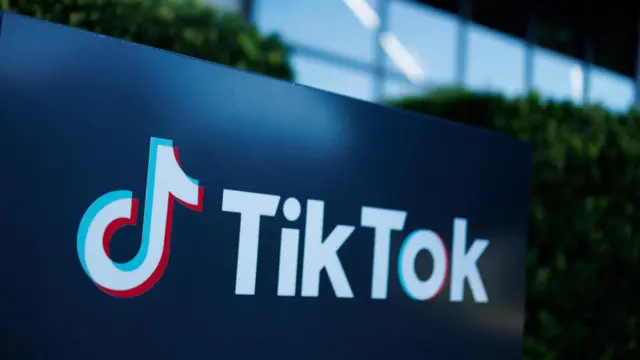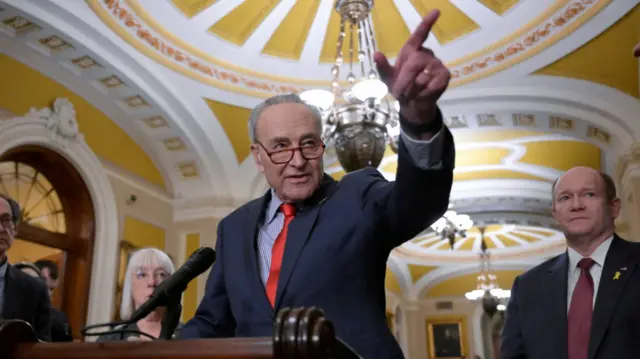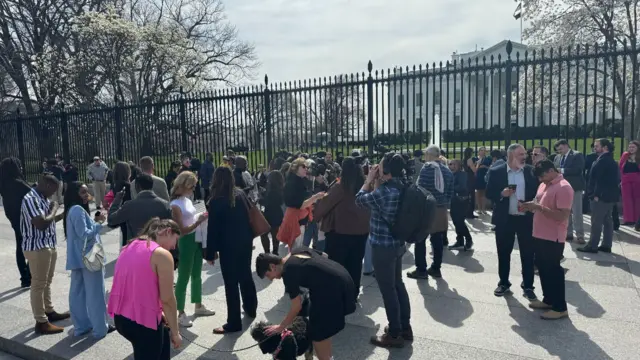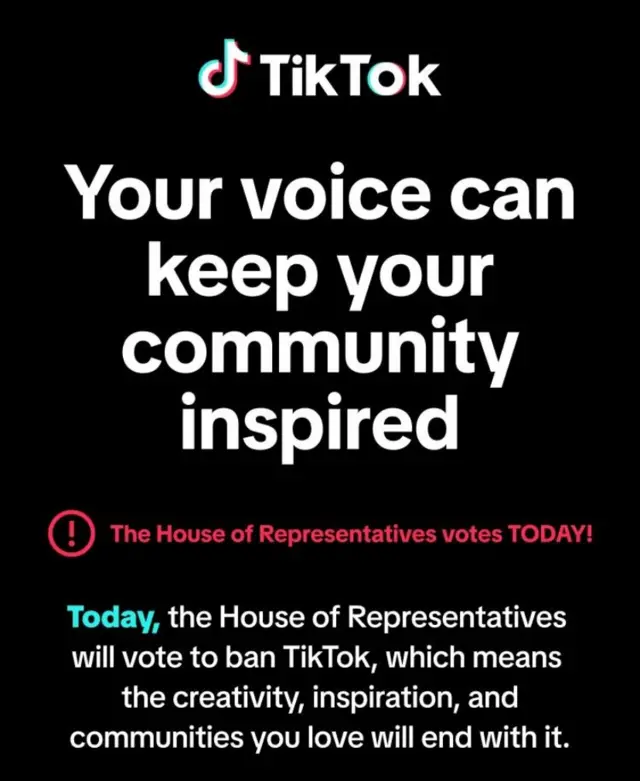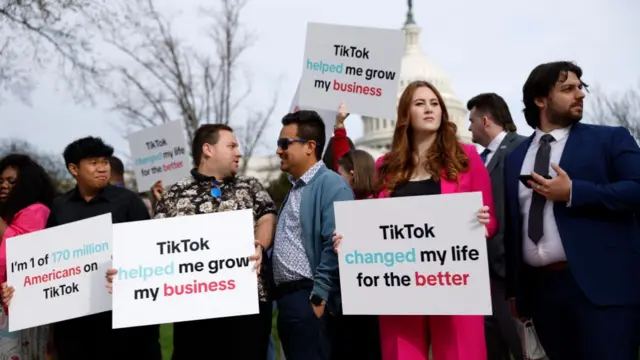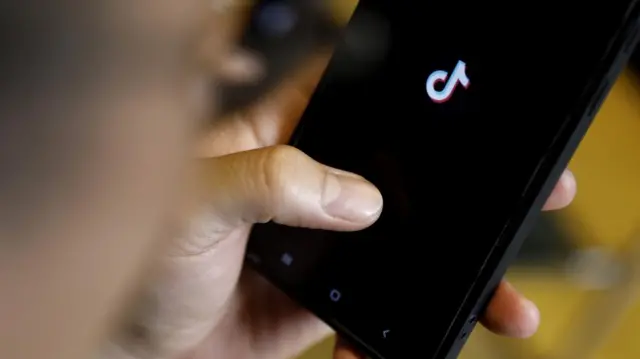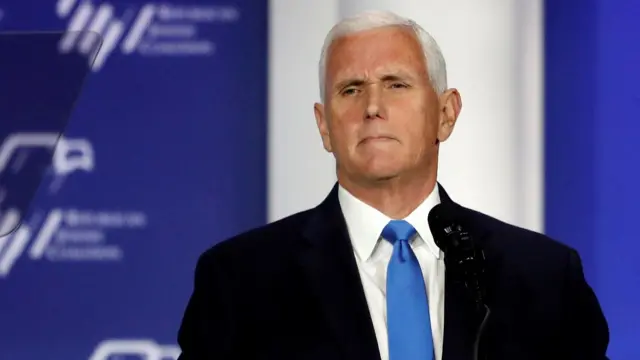Tick tock - our time today is uppublished at 17:29 GMT 13 March 2024
We are shortly going to be bringing an end to our coverage of the House of Representatives debate on TikTok's future in the US.
The next step is for senators to thoroughly scrutinise the bill, which could force a ban on TikTok, unless the app's parent company ByteDance sells its US operations. TikTok has urged lawmakers to listen to their constituents.
The future of TikTok in the US might well be lingering in the balance, but for the latest on the story head here.
Thanks for joining us.
This live page was edited by Emily McGarvey, Sam Hancock and Francesca Gillett. The writers were Bernd Debusmann Jr, Brandon Drenon and Mike Wendling in Washington DC, as well as Thomas Mackintosh in London.



